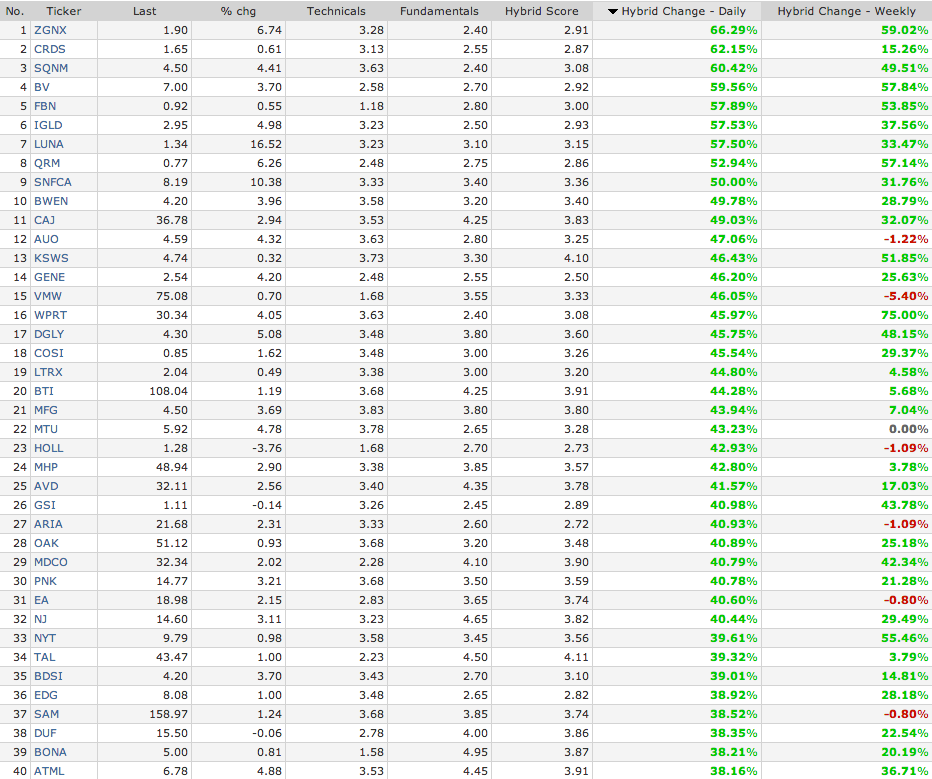“In one of Dylan Grice‘s final notes as an investment strategist at Société Générale, he wrote that he was “more worried than ever” by the “social debasement” that central banks were causing in society.
Grice announced in November that he was leaving SocGen for the buy side.
Today, he is out with his first note since joining Edelweiss Holdings, his new firm, and it touches on much of the same that was discussed in the SocGen note referenced above.
In the note – titled “Would the real Peter and Paul please stand up?” – Grice explains his theory of how monetary policy experimentation is leading to a breakdown of societal trust. The idea is that everyone sees their paper currency buying less and less physical goods, but the cause of this inflation is not widely understood, which means everyone just looks to cast the blame on each other.
Referring to the general populace, Grice writes:
The problem is that while they will be acutely aware of the reduction in their own spending power, they will be less aware of why their spending power has declined. So if they find groceries becoming more expensive they blame the retailers for raising prices; if they find petrol unaffordable, they blame the oil companies; if they find rents too expensive they blame landlords, and so on.
So now we see the mechanism by which debasing money debases trust. The unaware victims of this accidental redistribution don’t know who the enemy is, so they create an enemy.
“Deliberately impoverishing one group in society is a bad thing to do,” says Grice, referring to central banks, “But impoverishing a group in such an opaque, clandestine and underhanded way is worse.”
From there, Grice links several examples of phenomena currently unfolding around the world to this idea that central banks are debasing social trust with their “crackpot monetary ideas.”
Below is the key passage:
So with their crackpot monetary ideas, central banks have been robbing Peter to pay Paul without knowing which one was which. And a problem here is this thing behavioral psychologists call self-attribution bias. It describes how when good things happen to people they think it’s because of something they did, but when bad things happen to them they think it’s because of something someone else did. So although Peter doesn’t know why he’s suddenly poor, he knows it must be someone else’s fault. He also sees that Paul seems to be doing OK. So being human, he makes the obvious connection: it’s all Paul and people like Paul’s fault….”












